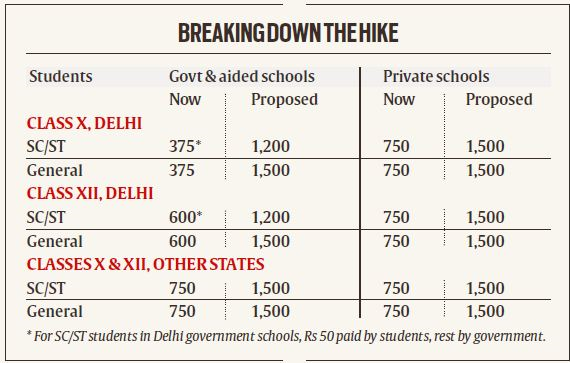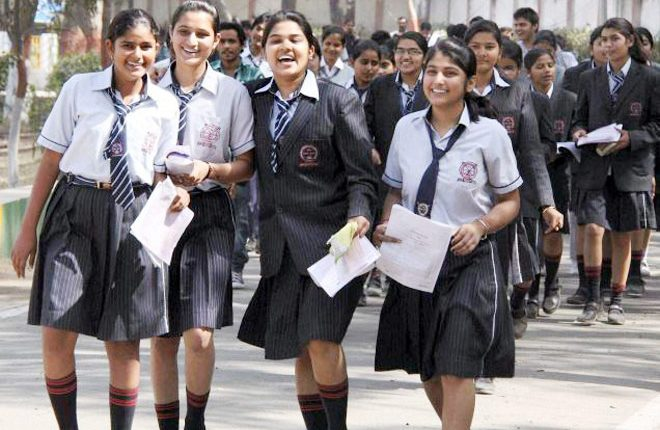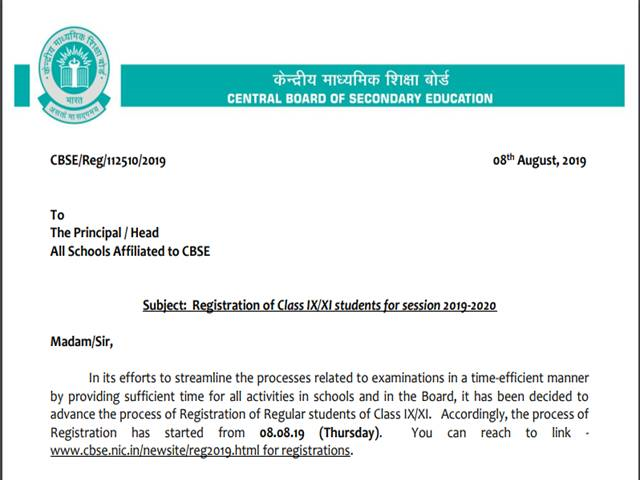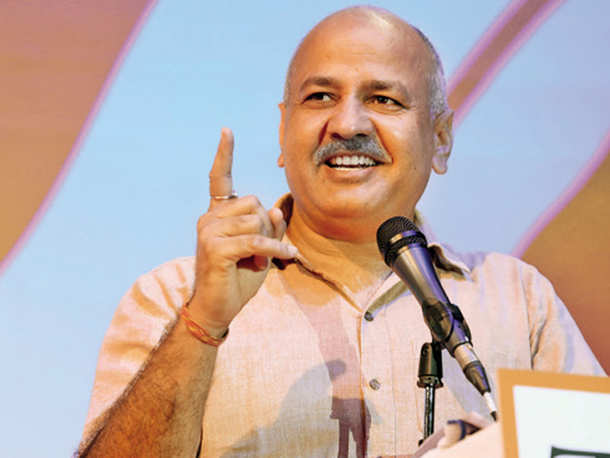‘World Upside Down: India Recalibrates Its Geopolitics’ by Sujan R. Chinoy: India's Role in a Fractured World : Book Review
Review of ‘World Upside Down: India Recalibrates Its Geopolitics’ by Sujan R. Chinoy, analyzing India's strategic moves in a shifting global landscape.on May 28, 2024

In ‘World Upside Down: India Recalibrates Its Geopolitics’, Sujan R. Chinoy provides a thorough and insightful analysis of India's strategic maneuvering in a rapidly changing global landscape. Drawing from his extensive experience as a diplomat, Chinoy offers a unique perspective on how India is adapting to the shifting balance of power in an increasingly multipolar world.
The book opens with an examination of the global transition from a unipolar to a multipolar order, highlighting the significant roles played by the US, China, and the EU, while also noting the rising influence of countries like India, Russia, and Japan. Chinoy emphasizes the fragmented nature of modern power structures and the prevalence of hedging and multi-alignment as strategic norms in international relations today.
Chinoy delves into India's approach to leveraging its strengths amid global uncertainties exacerbated by the Covid-19 pandemic and the war in Ukraine. He articulates how India is navigating regional and international challenges, forging a path that secures its strategic interests and maintains its upward trajectory. The book's exploration of India's recalibration of its strategic thinking is both timely and compelling.
The author divides the book into four thematic segments, each addressing critical aspects of the evolving geopolitical landscape:
1. Reordering of the Strategic Landscape: Chinoy discusses the end of the Cold War, the rise of China, and the growing strategic rivalry between the US and China.
2. The Indo-Pacific and the Quad: He explores the significance of the Indo-Pacific region and the emergence of the Quadrilateral Security Dialogue (Quad) as a key strategic partnership.
3. China's Role and Its Implications for India: Chinoy provides an in-depth analysis of China's actions and their impact on India's security and strategic planning.
4. India's Neighborhood Dynamics: The book includes an interesting chapter on Afghanistan, along with a broader discussion of India's relations with its neighboring countries.
Chinoy's experiences in China, Australia, and Japan offer valuable insights into the geopolitical developments in these regions. His ability to present a balanced view of the world's complexities makes this book a compelling read. The discussion on the "weaponization of trade and technology" is particularly noteworthy, as it underscores the evolving nature of global contention and its implications for strategic policies.
The book also addresses the challenges and evolution of globalization, critiquing how developed countries have at times failed to uphold their commitments, leading to a redefinition of global economic dynamics. Chinoy argues for a more engaged multipolar world where developing countries play a crucial role, as evidenced by the growing importance of groups like BRICS and SCO.
This book is a valuable resource for understanding the intricate dynamics of modern geopolitics and India's strategic recalibration. Sujan R. Chinoy's expert analysis and clear narrative make this book an essential read for anyone interested in international relations and India's role in the global arena.
In conclusion, ‘World Upside Down: India Recalibrates Its Geopolitics’ by Sujan R. Chinoy is a thought-provoking and informative exploration of India's strategic adaptations in a turbulent world. It is highly recommended for readers seeking to comprehend the complexities of current global politics and India's pivotal role within it.



.jpg)






.jpg)
.jpg)
.jpg)
.jpg)

.jpg)
.jpg)
.jpg)










Sorry! No comment found for this post.